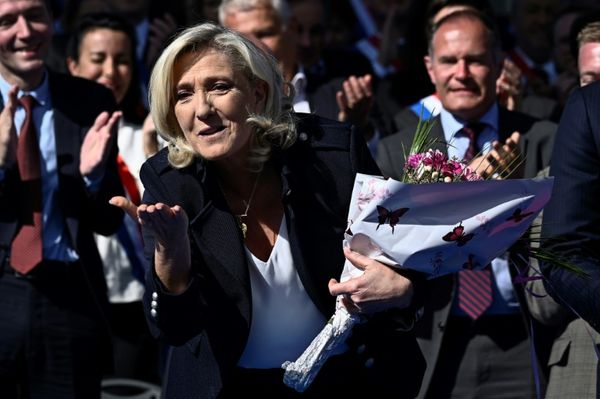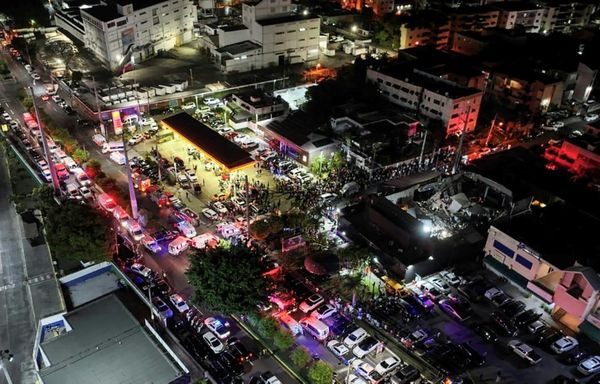Top officials of the Union Law Ministry on September 3 held a preparatory briefing for former President Ram Nath Kovind who heads the high-level committee to examine and make recommendations for holding simultaneous polls to the Lok Sabha, State Assemblies and local bodies.
The government had on September 2 notified the eight-member committee.
People aware of the development said Law Secretary Niten Chandra, Legislative Secretary Reeta Vasishta, and others met Mr. Kovind on Sunday afternoon to understand how he would like to go about the agenda before the committee.
While Mr. Chandra is also the Secretary to the high-level committee, Ms. Vasistha's department deals with the issue of elections, the Representation of the People Act and related rules.
Responding to a question on why the government issued a 'resolution' (sankalp in Hindi) to announce the names of the members of the high-level committee, an official explained that the Ministry was following precedents.
The Indrajit Gupta Committee on state funding of elections was constituted through a resolution. The Law Commission is also reconstituted every three years by a resolution adopted by the Union Cabinet.
According to the resolution issued on Saturday, elections to the Lok Sabha and Legislative Assemblies were mostly held simultaneously from 1951-52 to 1967, after which this cycle got broken and now, elections are held almost every year and within a year too at different times, which result in massive expenditure by the government and other stakeholders.
Asynchronous elections also lead to diversion of security forces and other electoral officers from their primary duties for significantly prolonged periods, it said.
The resolution said it is "desirable" to have simultaneous elections in “national interest”. Frequent elections, it said, disrupt developmental work on account of prolonged application of the Model Code of Conduct.
It cited reports of the Law Commission and parliamentary panels that had supported the idea of simultaneous elections to Lok Sabha and State Assemblies.
"Now, therefore, in view of the above and that in the national interest it is desirable to have simultaneous elections in the country, the Government of India hereby constitutes a high-level committee to examine the issue of simultaneous elections and make recommendations for holding simultaneous elections in the country," the resolution said.
According to former Union Law Secretary P.K. Malhotra, the executive decisions of the government are generally brought to public notice by means of communication such as notification, order, or resolution.
Notification is generally issued in exercise of some statutory power and invariably published in the official gazette. Orders are generally commands for carrying out its obligations like making appointments to a post in the government or giving certain mandatory directives.
A decision is generally named as a resolution when the government, as a matter of policy decision, decides to do something not necessarily in the exercise of statutory power but conveying its policy decision to the public at large on certain proposals under its consideration.







